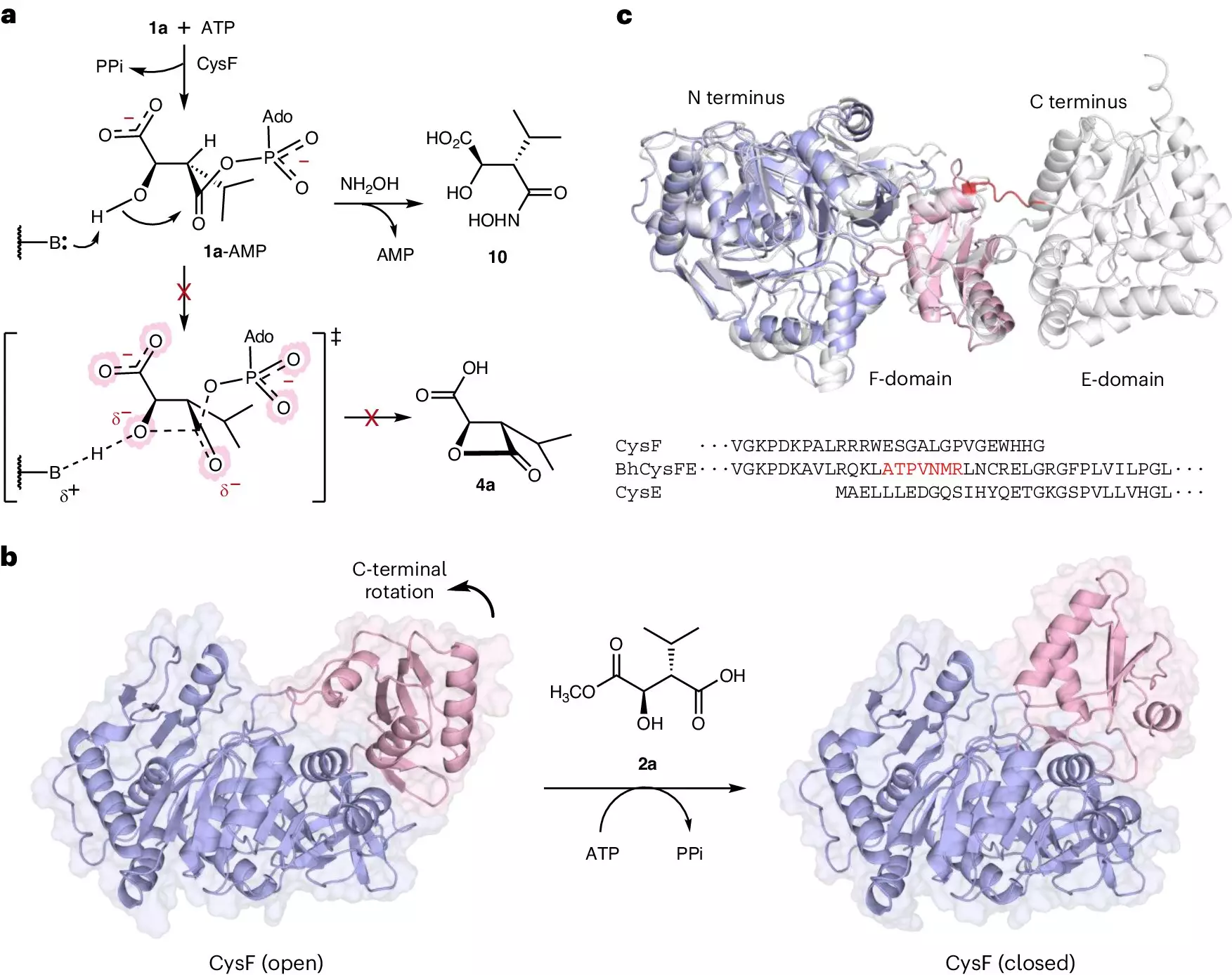In recent years, the field of medicinal chemistry has increasingly focused its attention on the potential of peptide-based therapies. Representing small chains of amino acids—fundamental building blocks of proteins—peptides are pivotal in a multitude of biological processes. They are not merely biological messengers; they serve crucial roles in therapies for serious diseases such as cancer, diabetes, and various infections. With their diverse applications ranging from vaccine development to innovative nanomaterials, the growing interest in peptides is not surprising. However, the production of these vital compounds has long been hampered by outdated and environmentally damaging techniques.
Challenges in Traditional Peptide Synthesis
Historically, synthesizing peptides in the laboratory has been a daunting task. The conventional chemical synthesis methods—often involving laborious 10 to 12 step processes—lead to inefficient yields and an insurmountable generation of hazardous waste. The prevalent reliance on toxic reagents and volatile organic solvents not only drives up costs but also undermines sustainability efforts within the pharmaceutical industry. As the demand for peptide-based medicines increases, these limitations highlight a pressing need for more efficient methodologies. The operational hurdles of traditional techniques necessitate innovative solutions that can bring about transformative change.
A Groundbreaking Discovery at the University of Manchester
The recent research conducted by a team at the University of Manchester represents a watershed moment in peptide synthesis technology. The scientists have discovered a novel family of ligase enzymes—often likened to molecular glue—capable of streamlining the assembly of peptide sequences. Published in the esteemed journal Nature Chemical Biology, their findings are nothing short of revolutionary. Professor Jason Micklefield, the principal investigator, emphasized that these ligases enable high-yield peptide production in a single step, promising pathways for the development of more effective cancer therapies.
The researchers meticulously isolated and characterized these ligases, utilizing them in reactions involving a broad range of amino acid precursors. The implications of this breakthrough are manifold; it paves the way for the production of peptides previously deemed challenging or unfeasible under conventional synthesis methods. It can be argued that innovations like these are precisely what the pharmaceutical industry requires to keep pace with the evolving healthcare challenges of the 21st century.
Environmentally Friendly Solutions for Modern Medicine
The environmental impact of traditional peptide synthesis cannot be overstated. The harmful byproducts generated from existing methods pose significant ecological risks. As the scientific community increasingly embraces the mantra of sustainability, it becomes essential to pioneer methods that are both effective and environmentally responsible. The discovery of the new ligase enzymes falls squarely within this paradigm. Dr. Guangcai Xu’s insights into the potential for these enzymes to assemble longer peptides for a variety of therapeutic applications highlight an exciting future. As we venture further into an age where sustainability is paramount, the healthcare sector must prioritize eco-friendly methodologies to lessen its carbon footprint.
Collaborative Efforts for Wider Impacts
In the wake of this transformative discovery, the Manchester team is not resting on its laurels. Collaborating with leading pharmaceutical companies signifies a proactive approach to ushering this technology into mainstream production. This strategic collaboration is vital; it positions the findings not just as a concept, but as a practicable solution for real-world applications. The efforts to optimize these ligase enzymes for larger-scale production cannot be understated, as the transition from lab bench to industrial application requires meticulous planning and execution.
The potential ramifications for peptide-based therapeutics are extensive. With an optimized synthesis process, the accessibility of essential medicines can significantly increase, leading to more affordable treatments for various diseases. Thus, the work undertaken at the University of Manchester is not simply an academic exercise; it is a clear step forward in the quest to make effective healthcare more accessible and sustainable for all.
The journey may just be beginning, but the implications of this research are set to reverberate throughout the world of medicine for years to come, offering glimmers of hope in the fight against some of humanity’s most pressing health challenges.

